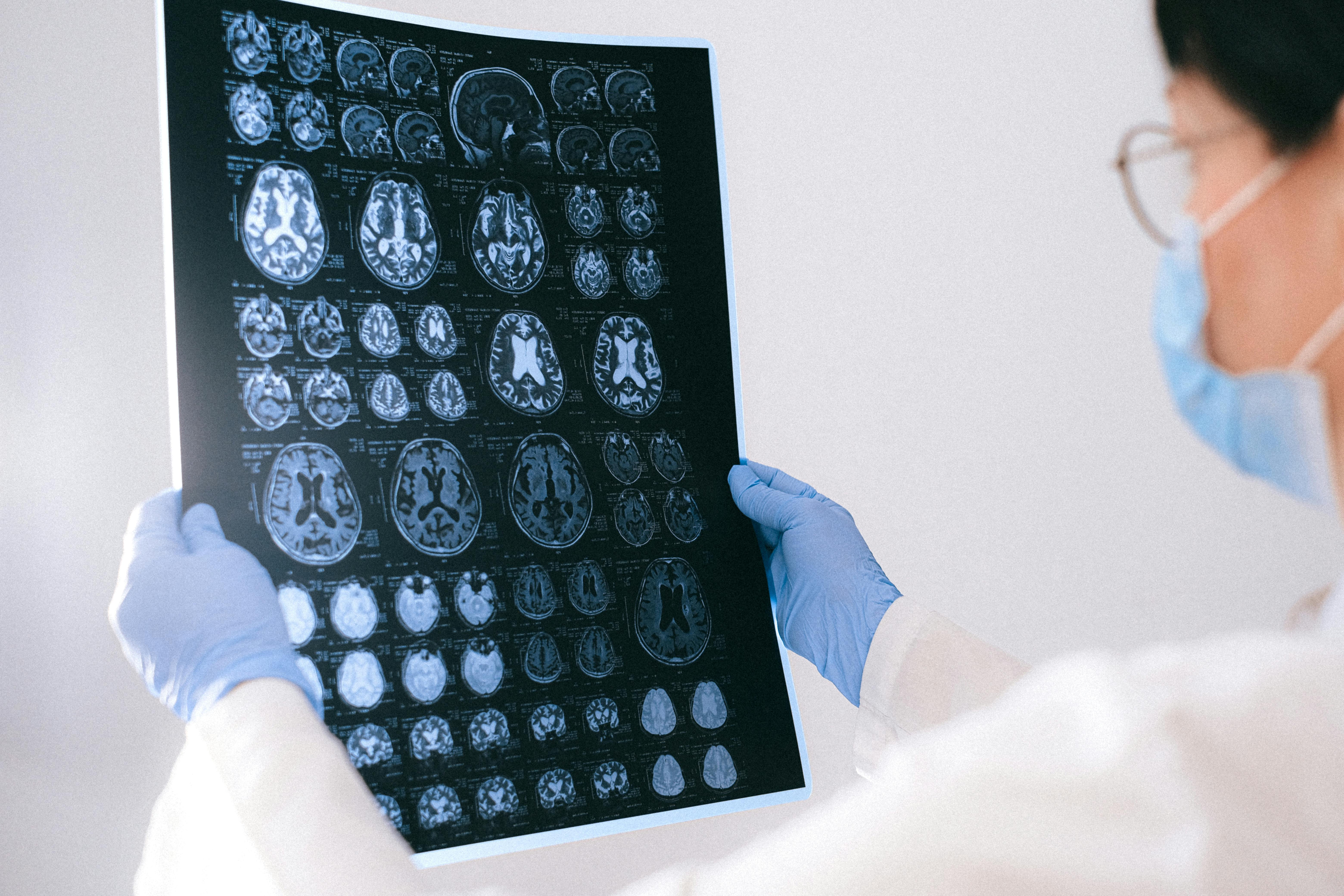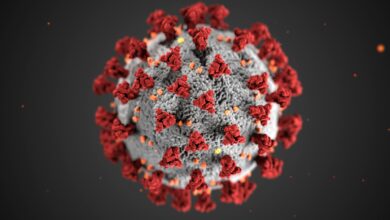Most Ignored Cancer Symptoms in Women and Men: A Guide to Early Detection

Cancer remains a leading cause of death worldwide, but early detection can significantly improve survival rates. However, many symptoms of cancer are often ignored or dismissed as minor ailments, delaying diagnosis and treatment. Understanding the warning signs in both men and women is crucial for timely medical intervention. Here are some of the most commonly overlooked cancer symptoms and why they shouldn’t be ignored.
Symptoms Common to Both Men and Women
1. Unexplained Weight Loss
Sudden, unintentional weight loss of more than 10 pounds without changes in diet or exercise can signal cancers like pancreatic, lung, or stomach cancer. Often dismissed as stress or lifestyle changes, it warrants medical attention if persistent.
2. Persistent Fatigue
Feeling constantly tired, even after adequate rest, may indicate leukemia, colon cancer, or stomach cancer. Fatigue associated with cancer is often more intense and long-lasting than ordinary tiredness.
3. Unusual Lumps or Swelling
Any lump under the skin—whether painless or painful—should be examined by a doctor. These could indicate cancers such as breast, testicular, or soft tissue sarcomas.
4. Chronic Cough or Hoarseness
A persistent cough lasting more than three weeks or hoarseness that doesn’t improve may point to lung, throat, or thyroid cancer. Smokers and nonsmokers alike should take this symptom seriously.
5. Changes in Skin
Darkening, yellowing, or redness of the skin, sores that do not heal, or sudden changes in moles could be signs of skin cancer, including melanoma. Early detection is key to successful treatment.
6. Frequent Infections or Illness
A weakened immune system, leading to recurring infections or illnesses, can indicate cancers like leukemia or lymphoma, which impact blood and bone marrow.
Cancer Symptoms Commonly Ignored by Women
1. Abnormal Vaginal Bleeding
Spotting between periods, heavy menstrual bleeding, or postmenopausal bleeding may signal uterine, cervical, or ovarian cancer. Many women attribute these symptoms to hormonal changes, but a gynecological evaluation is critical.
2. Pelvic or Abdominal Pain
Persistent pain or discomfort in the lower abdomen could be a sign of ovarian or endometrial cancer. This symptom is often mistaken for menstrual cramps or digestive issues.
3. Breast Changes
In addition to lumps, women should watch for nipple discharge (particularly if bloody), dimpling of the skin, or changes in breast size or shape. These symptoms may indicate breast cancer.
4. Chronic Bloating
Feeling bloated for weeks without relief, especially if accompanied by changes in appetite, could be a sign of ovarian or gastrointestinal cancer.
5. Persistent Indigestion or Heartburn
While occasional indigestion is normal, chronic heartburn or difficulty swallowing could be a sign of esophageal or stomach cancer.
Cancer Symptoms Commonly Ignored by Men
1. Difficulty Urinating
Men often dismiss issues like a weak urine stream, frequent urination, or difficulty starting and stopping urination as age-related. However, these could be symptoms of prostate or bladder cancer.
2. Testicular Changes
Testicular cancer often presents as painless lumps or swelling in the testicles. Men should regularly self-examine and report any changes to their doctor.
3. Chronic Back Pain
While back pain is common and often attributed to physical strain, persistent or unusual back pain may indicate cancers such as kidney, prostate, or spinal tumors.
4. Breast Changes in Men
Breast cancer in men is rare but possible. Symptoms include lumps, nipple discharge, or changes in the chest area.
5. Erectile Dysfunction
Persistent erectile dysfunction can sometimes be an early sign of prostate or testicular cancer, as these conditions can affect hormonal levels or nerve functions.
Read More:
https://theworldseye.com/weight-loss-the-best-strategies-to-achieve-that/
https://theworldseye.com/social-media-the-impacts-on-mental-health-awareness-lifestyle/
https://theworldseye.com/smoking-cigarettes-and-vaping-increases-lung-cancer-risk-by-four-times/
When to Seek Medical Attention
It’s crucial to listen to your body and act promptly if symptoms persist for more than a few weeks or worsen over time. Routine check-ups and screenings tailored to your age and risk factors are essential for early cancer detection.
Tips for Prevention and Awareness

- Know Your Family History: A history of cancer in your family can increase your risk. Share this information with your doctor.
- Maintain a Healthy Lifestyle: A balanced diet, regular exercise, and avoiding smoking can reduce your cancer risk.
- Stay Up-to-Date with Screenings: Regular mammograms, colonoscopies, and other cancer screenings can help catch cancers early.
- Pay Attention to Your Body: Don’t dismiss symptoms that feel unusual or persist longer than they should.
Conclusion
Cancer symptoms can often be subtle and easily mistaken for less serious conditions. However, ignoring these warning signs can have dire consequences. Whether it’s a persistent cough, unexplained weight loss, or unusual lumps, addressing these symptoms early can save lives. Stay proactive about your health and encourage those around you to do the same—early detection is the key to successful treatment.










